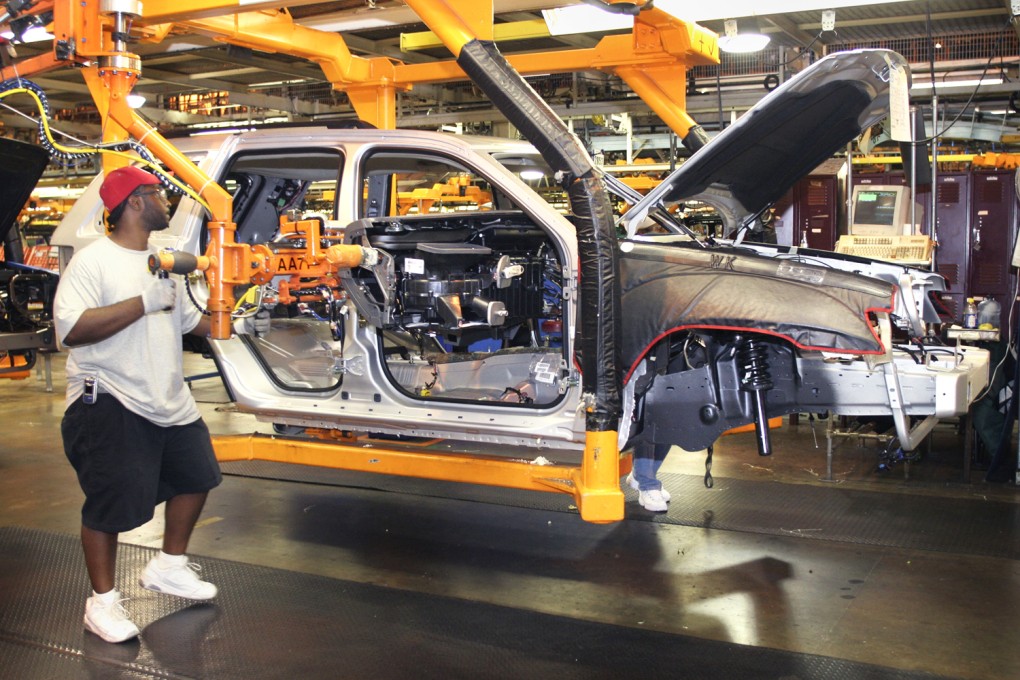In the global economy, 'Made in the USA' still makes the grade
Amy Wu says America can still compete with China economically; it just needs to focus on its more unconventional success stories

There I was, surrounded by a mountain of jelly beans spiralling down onto a factory conveyor belt in central California. I was on a packed tour of the Jelly Belly factory, whose sweets hit the headlines in the 1980s, thanks to US president Ronald Reagan's penchant for jelly beans.
The private company doesn't disclose its earnings, but given the vast number of flavours (more than 50, not counting those that cater to regional tastes, such as the Hello Kitty Jelly Belly for the Asian market), and the sheer volume of production (up to 46 tonnes a day), it's fair to say that Jelly Belly is an American success story.
It's true that such successes are often overshadowed these days by worries about the country's ho-hum economy. Yes, unemployment remains a problem and the majority of America's textile and furniture manufacturing has long since shifted to China, Vietnam and Cambodia.
But look beyond this one-sided view of economic possibilities and you'll find Jelly Belly, the Hershey's bar, Hollywood movies, Facebook and even higher education are all examples of "Made in the USA" successes. These companies and industries have not only survived but thrived.
Jelly beans, chocolate bars and movies might sound like an unconventional way to define an economy, but that is exactly how the country needs to - so that it can compete with China.
Hershey's third-quarter net sales of US$1.85 billion rose 6.1 per cent from the same quarter a year ago. Hollywood continues to churn out global box office hits, chronicling the escapades of Superman, Iron Man and more recently Anchorman, among others. Will Ferrell and Marvel Comics are strictly Made in the USA.